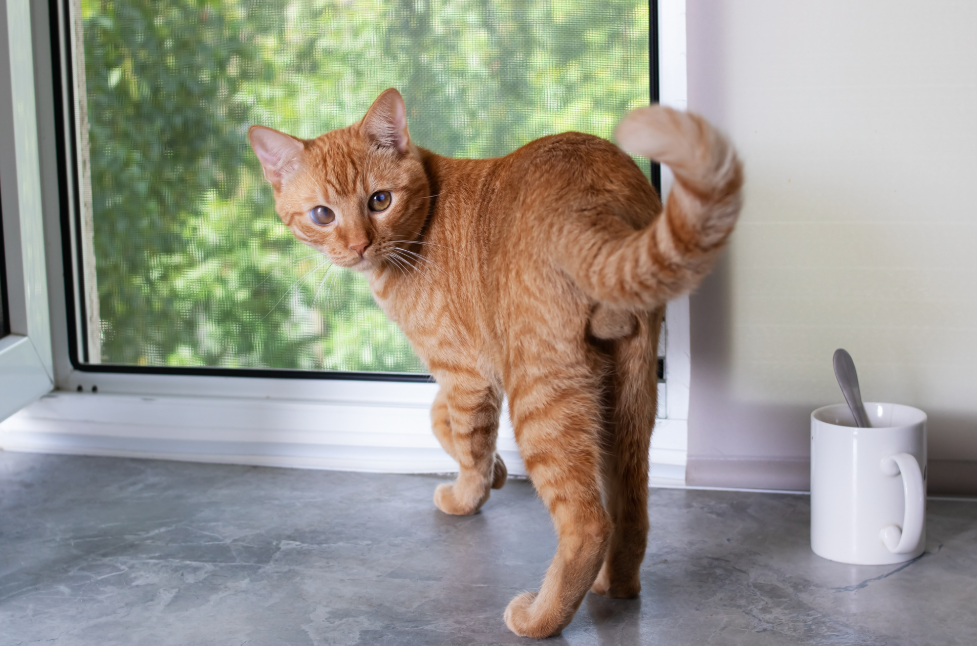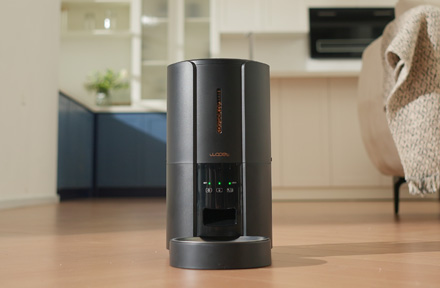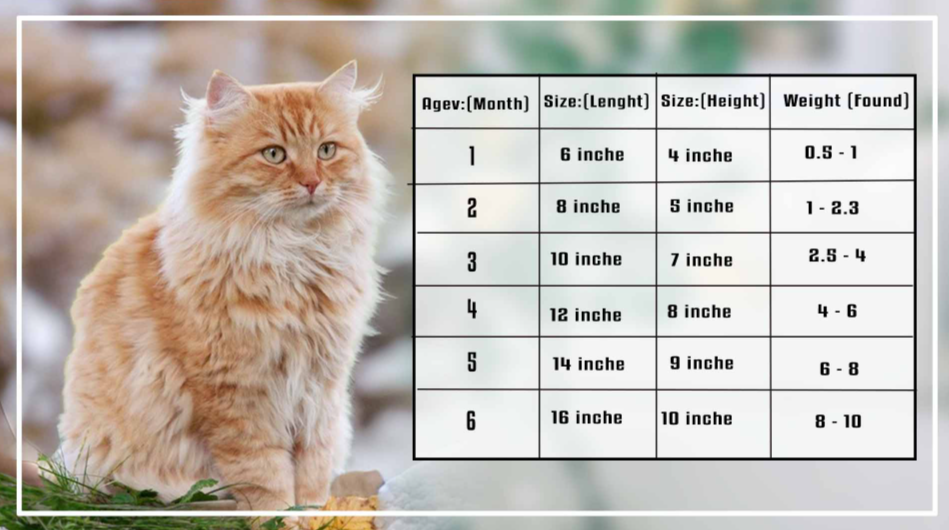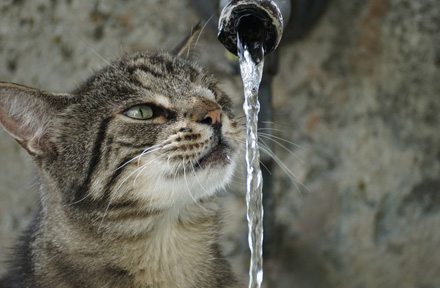Sep 15, 2025
Author:Jackson Watson
Is your cat suddenly spraying around the house? Don’t worry; you’re definitely not the only one dealing with this. A lot of cat owners face the same issue, and it can be really frustrating. The big question is, why do cats spray? The truth is, there are good reasons behind it, and luckily, plenty of ways to stop it.
Cat spraying is different from normal urination. When cats spray, they back up to a wall or object. They lift their tail and spray urine on the surface. This is due to the fact that cats communicate with each other using scent.
When you understand the reason, then you can get the appropriate solution. We should examine the primary causes of cats spraying and discuss what you can do about it.

Before delving into solutions, it would help us to know what spraying is. Spraying is often confused with normal urination, though they are very different.
1. Cat spraying is a natural behavior; that is the way cats mark their territory. Cats are leaving a message to other cats when they are spraying. This message says, 'This is my space.'
2. Do female cats spray? Yes, they do. Male and female cats are both able to spray. The females do not spray as much as the male cats do. However, they still use this behavior to convey their message.
3. The cat spraying smell is very strong: It smells far better than normal cat urine. This smell helps the message last longer. Other cats can smell it for weeks.
4. Normal peeing happens in the litter box. The cat squats down to urinate. Spraying is different. The cat stands up and sprays backward onto a vertical surface.
The initial approach towards solving the problem is to find out why your cat sprays. There is no one single solution to cats spraying, as there are various causes to this kind of behaviour.
Cats spray in response to their stress. Stress can be triggered by changes in the home. Spraying can be caused by new people, pets, or furniture. Cats, too, are in distress over having to relocate to a new house.
Sounds that are too loud can also cause cats to be stressed. Construction work, parties, or arguments may cause spraying. Some cats are more sensitive to stress than others.
Sometimes cats spray because they're sick. Urinary tract infections can cause spraying. It can also be caused by bladder stones or kidney problems.
If your cat just starts spraying, visit a vet. Eliminate medical causes before experimental behavioral interventions.
Yes, it is typical of female cats to spray when in heat, which is a popular question. Female heat cats tend to spray more. This is how they appeal to male cats. The spray contains hormones that indicate that they are ready to mate.
Female cats urinate more during their heat cycles. They may spray every few weeks when their hormones change.
Read about Why Should You Use a Timed Cat Feeder?
Many people think neutered cat spraying won't happen. But neutered cats can still spray. Neutering reduces spraying by about 90%. But some cats continue this behavior.
Cats neutered after age one may keep spraying habits. The behavior becomes learned, not just hormonal. Stress can also cause neutered cats to spray.
Early neutering works best to prevent spraying. Kittens neutered before six months rarely develop this habit. But it's never too late to neuter your cat.
Cats spray more in homes with multiple cats. They compete for territory and resources. Each cat wants to claim their own space.
The more cats you have, the more likely spraying becomes. Even friendly cats may spray to establish boundaries. This is normal cat behavior in groups.
Explore WOPET's collection of automatic feeders and water fountains that help maintain consistent routines and reduce cat anxiety.
The good news is that most cases of cat spraying are preventable. The key to success is to consider the cause of the problem and restore your cat to a state of security.
Remove all traces of cat spraying smell from affected areas. Use enzyme cleaners specifically made for cat urine. The scent will not be removed by the regular cleaners.
When cats can smell their mark, they will spray the same area. Wash it off a few times. Let it dry completely between cleanings.
Find what's causing your cat stress. Make changes slowly to help your cat adjust. Make safe areas where your cat can run away to when frightened.
Apply relaxing products such as pheromone diffusers. These secret fragrances make cats relax. Play soft music or white noise to mask the stress-causing sounds.
Provide each cat with its own resources in multi-cat homes. This implies individual food bowls, water containers, and litter boxes. The regulation would be one litter box per cat plus one additional.
Avoid the outdoor cats meeting with your one. Keep curtains closed or push furniture away. Motion-activated sprinklers can also be used to drive off outdoor cats.
Reduce the attractiveness of sprayed areas. Wrap them in aluminum foil or in both sides of tape. Cats do not like such textures on their paws.
In some cases home solution is insufficient, and professional assistance is required. It will help you to spend less time on the phone by knowing when to reach out to your vet and alleviate suffering in your cat.
● See your vet if spraying starts suddenly. Medical problems need treatment first. Your vet can check for infections, stones, or other issues.
● Also, see your vet if cleaning and stress reduction don't help. They may prescribe anti-anxiety medication for your cat. Some cats need medical help to stop spraying.
● Keep a diary of when your cat sprays. Note what happened before each incident. This information helps your vet understand the pattern.
According to the American Veterinary Medical Association, up to 10% of cats will develop spraying behaviors at some point in their lives.
It is much easier to prevent than to stop spraying once it has begun. These are only some of the measures that can be adopted to avoid the problems of spraying in the first place.
● Start with proper litter box management: Keep boxes clean and in quiet locations. Some cats prefer covered boxes, others like them open. Watch what your cat prefers.
● Spay or neuter your cat early: This helps to avoid most spraying issues even prior to their occurrence. Discuss timings with your vet regarding your kitten.
● Introduce new pets slowly: Give cats time to get used to the smell of each other. The introduction will be slow; this will help reduce stress and territorial behavior.
● Maintain the routine: Feed at the same time each day. Attempt to maintain the levels of noise. Cats are more comfortable with routine.
The home environment will play a significant role in the question of whether the cat will or will not spray. Even the tiniest change can make a massive difference in the life and personality of your cat.
● Prepare your home to be friendly to your cat: Climbing high cat trees and perching. Cats are more secure when they are able to see elevated areas.
● Use automatic feeders to keep meal times consistent: The WOPET automatic pet feeders help maintain regular schedules even when you're not home. Feeding on a schedule helps some cats.
● Always have fresh water available: Think about a pet water fountain that will prompt drinking. A healthy urinary tract is favored with proper hydration.
1. Is spraying the same as peeing outside the litter box?
No, spraying is different from urination. Cats spray on vertical surfaces to mark territory, while peeing happens on flat areas like a litter box.
2. Do indoor cats spray as much as outdoor cats?
Yes, indoor cats can spray too, especially when stressed or living with other cats. Outdoor cats mainly spray to mark territory.
3. Will neutering my cat stop spraying completely?
Neutering reduces spraying by about 90%, but some cats may still spray. Stress or learned behavior can cause it to continue.
4. Can cleaning products really stop repeat spraying?
Yes, enzyme-based cleaners remove the scent fully. Regular cleaners leave odors, which make cats return to spray again.
Why do cats spray? They spray to communicate, mark territory, or indicate stress. Knowing what causes it can put you on the right track. Patience and a correct approach will solve most problems related to spraying.
Keep in mind that spraying is a natural cat behaviour. Do not rebuke your cat when he sprays. This will only put more stress and can complicate the situation.
With care and control, most cats can be trained not to spray. Consult your veterinarian. You can make your cat feel relaxed and safe together.
Ready to create a stress-free environment for your cat? Visit WOPET's pet care collection for automatic feeders, water fountains, and other products that help maintain consistent routines.
Check out our pet care blog, or contact our support team for personalized advice on keeping your feline friend happy and healthy!
Label:
Popular Post

What to Feed a Sick Dog With No Appetite? [2025 Guide]
May 16, 2023

Troubleshooting Common Issues with Automatic Pet Feeders: Tips & Tricks for Pet Owners
Oct 26, 2023

What is a standard Cat Weight chart by age Kg?
Mar 19, 2025

Why Does My Cat Cough After Drinking Water? 8 Potential Reasons
Mar 13, 2023

Why is My Cat Throwing up Water? Top 5 Causes Here
Feb 08, 2023
$109.99
$129.99
Copyright © 2025 WOPET. All Rights Reserved.